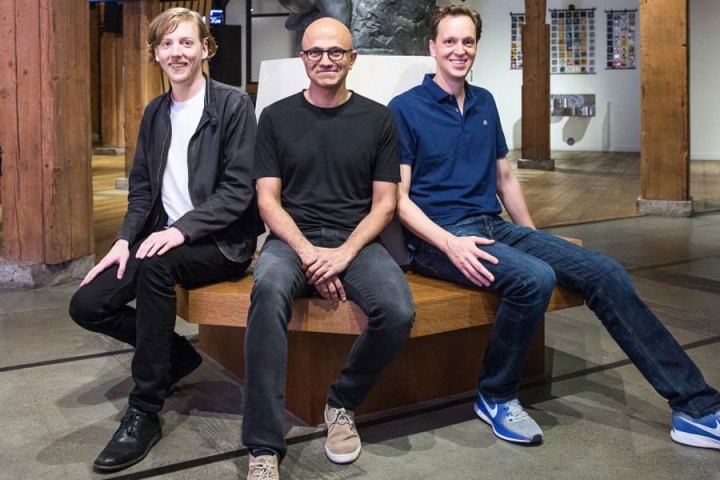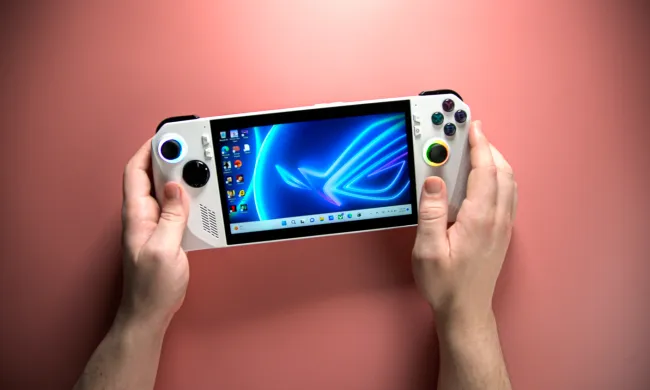
GitHub will soon fall under the wide umbrella of Microsoft. The Redmond, Washington-based tech giant has been in discussions with the software developer platform in the last few weeks and now the details have been hashed out. The final purchase price will be $7.5 billion.
That’s an impressive figure, even for GitHub, which was most recently valued at $2 billion when it raised its last round of funding in 2015. Earlier reports suggested Microsoft might bid as much as $5 billion, according to an estimate from CNBC, but even that figure appears to have been a woeful underestimation.
A source with insights into the negotiations told CNBC that the deal first came about as a result of discussions around a joint $35 million marketing partnership. That potential partnership evolved into an acquisition, which has now resulted in Microsoft handing over $7.5 billion worth of company stock — pending regulatory approval. The deal is expected to be completed by the end of the calendar year.
GitHub is one of the most popular platforms in the software development world today. Many engineers use the site to store their code, keep tabs on updates, and even use it as a discussion forum. The company currently boasts more than 23 million individual users and representation from more than 1.5 million organizations. As of last fall, GitHub was well on its way to make more than $200 million in subscription revenue.
To all existing users and developers, Microsoft has been clear that it will not be making any major changes to the platform. It will allow the GitHub team to continue to operate independently and will not enforce any restrictions on programming languages or operating systems. The only real change will be that GitHub has closer ties with Microsoft’s expansive resources and that current Microsoft corporate vice president of developer services, Nat Friedman, will take over as GitHub CEO. GitHub’s current CEO Chris Wanstrath will become a Microsoft technical fellow and will work on strategic software initiatives.
“I’m extremely proud of what GitHub and our community have accomplished over the past decade, and I can’t wait to see what lies ahead. The future of software development is bright, and I’m thrilled to be joining forces with Microsoft to help make it a reality,” Wanstrath said in a statement. “Their focus on developers lines up perfectly with our own, and their scale, tools and global cloud will play a huge role in making GitHub even more valuable for developers everywhere.”
By purchasing GitHub, Microsoft could increase adoption of its wide-ranging software, like Windows 10 (which recently hit a big adoption milestone) and the Azure cloud platform. As CNBC points out, data from GitHub could also help Microsoft better its artificial intelligence capabilities.
Updated on June 4: Microsoft completes its purchase of GitHub for $7.5 billion.


